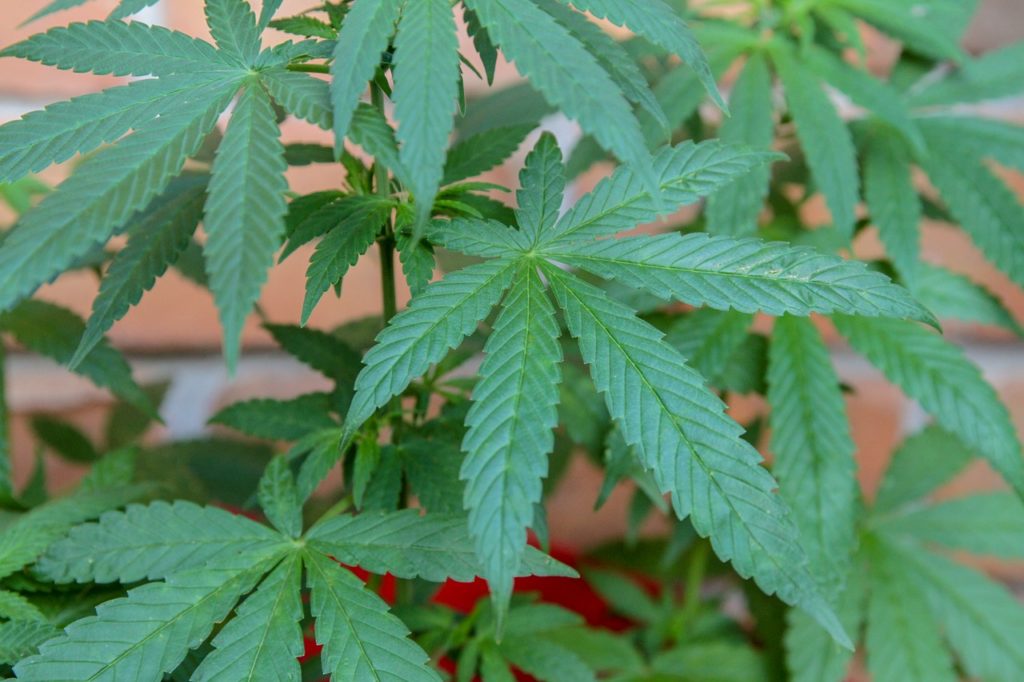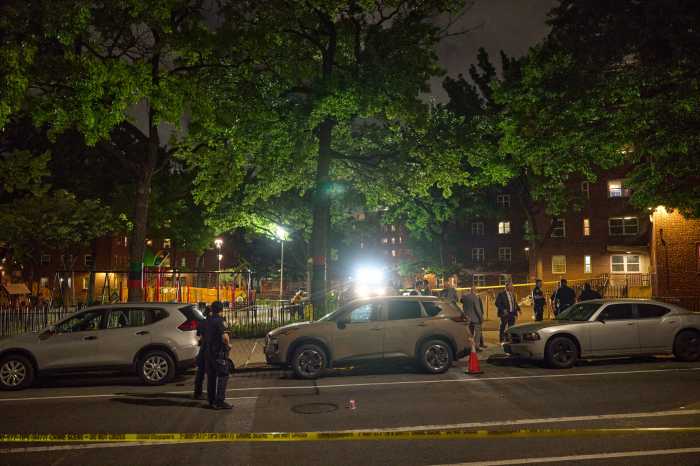
Legalization of marijuana in New York could mean a solution to disproportionate criminalization. How will lawmakers make it right?
New York Governor Andrew Cuomo’s Cannabis Regulation and Taxation Act recommends expunging the criminal records of misdemeanor marijuana possession offenses. The Cannabis Act must be supported in an effort to right the racial discrimination endured by minority groups at the hand of our criminal justice system. In 2016, black and Hispanic populations made up 85 percent of marijuana possession arrests in New York.
As a social work student interning at a substance abuse recovery clinic, I work closely with minority populations who have become victims of disproportionate criminalization. I continue to advocate for and assist such clients as they must face the challenges of having a misdemeanor conviction on their record. As an example, individuals with a criminal record lack of access to gainful employment and housing. In the event that marijuana-related misdemeanor offenses are expunged, the minority individuals targeted by disproportionate criminalization will be allowed the opportunity for a fresh start. Expungement would mean that employers and administrators of housing would not have access to conviction records.
At this time, the Cannabis Act is suggestive of the dynamic nature of this aspect of the legislation that it will require much input and strategizing for implementation. As lawmakers put together this legislation, there must be a clear plan for the process by which criminal records are handled. As proposed by New York Mayor Bill De Blasio, in order to properly address the disproportionate criminalization of minorities, criminal records must be automatically sealed or expunged. In New York, an automatic system to expunge records immediately must be put into place in order to properly eradicate the social justice issues which have targeted minority groups.
The Cannabis Act makes mention of cities in California which are currently addressing the issue of criminal sealing. In San Diego, California, the charges of persons with misdemeanors for marijuana possession must be reviewed before inviting individuals to file an application for the sealing of their criminal records. If New York were to model its system after California, this would not accomplish the legislation’s goal of achieving social justice. A review process adds yet another layer of discrimination when requiring the filing of an application for sealing records. This responsibility then becomes incumbent upon the individual who may need assistance or training in order to navigate the legal system.
From the perspective of a social work student, the way in which New York lawmakers determine how they would carry out the record-expunging initiative will impact the social work community. As an example, if New York were to model its system after California, social workers would need to assist with the completion, filing and follow up of required applications for expungement of criminal records. Additionally, social workers would need to be poised as to the legal process of applying for sealing of past convictions.
The requirement of case review and application submittal would add an undue burden onto both the victims of the criminal justice system and their social workers.
The Cannabis Act fails to provide a clear direction as to how the expungement of criminal records will be carried out. There is an urgent need to have a more open conversation about strategies for carrying out this initiative if New York is to make it right.
Dana Levinson is a Master of Social Work student interning at a substance abuse recovery clinic and thus offers a unique perspective on the legislation regarding the disproportionate criminalization of minority groups.

































